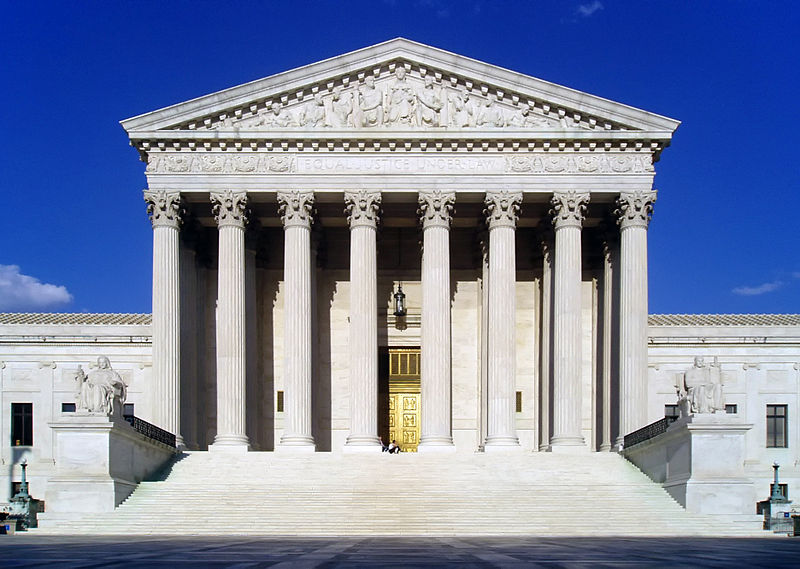On Oct. 19, 2020, the Supreme Court of the United States (SCOTUS) granted review in the case “Lange v. California” for a total of one hour of oral argument during its October Term for 2020-2021. The case originated from the California First District Court of Appeal. “Lange v. California” has not yet been scheduled for argument.
The case: While Arthur Lange was driving home on the highway in Sonoma, California, California Highway Patrol Officer Aaron Weikert pursued Lange with the intention of conducting a traffic stop. Weikert followed Lange home and activated his overhead lights once Lange pulled into his home’s driveway. Lange pulled into the garage and the garage door began closing behind him. Weikert approached Lange and stopped the garage from closing with his foot. He questioned Lange and asked if Lange knew Weikert was following him. Lange stated that he did not know Weikert was following him. Weikert stated he smelled alcohol on Lange’s breath and charged Lange with driving under the influence.
At trial, Lange claimed that Weikert’s entry into Lange’s home violated the Fourth Amendment to the U.S. Constitution since Weikert did not have a warrant to enter Lange’s home, and the court moved to suppress a video recording of the incident. The trial court concluded that the officer had probable cause, denied the motion to suppress, and issued a conviction for Lange. Following that action, a civil court ruled that Lange’s arrest was unlawful, while an appellate court ruled that the arrest was lawful. On appeal to the California First District Court of Appeal, the court affirmed the conviction.
The issue: Whether the pursuit of a person whom a police officer has probable cause to believe has committed a misdemeanor categorically qualifies as an exigent circumstance sufficient to allow the officer to enter a home without a warrant.
The Supreme Court began hearing cases for the term on Oct. 5, 2020. The court’s yearly term begins on the first Monday in October and lasts until the first Monday in October the following year. The court generally releases the majority of its decisions in mid-June.
As of October 19, 2020, the court had agreed to hear 39 cases during its 2020-2021 term. Of those, 12 were originally scheduled for the 2019-2020 term but were delayed due to the coronavirus pandemic.
Additional reading:


